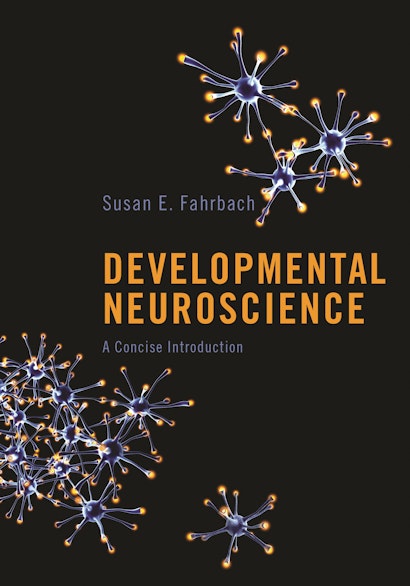Developmental Neuroscience: A Concise Introduction


Hardcover
- Price:
- $99.95/拢84.00
- ISBN:
- Published:
- Aug 11, 2013
- Copyright:
- 2013
- Pages:
- 320
- Size:
- 7 x 10 in.
- 100 line illus.
- Main_subject:
- Neuroscience & Psychology
ebook
This textbook offers a concise introduction to the exciting field of developmental neuroscience, a discipline concerned with the mechanisms by which complex nervous systems emerge during embryonic growth. Bridging the divide between basic and clinical research, it captures the extraordinary progress that has been achieved in the field. It provides an opportunity for students to apply and extend what they have learned in their introductory biology courses while also directing them to the primary literature.
This accessible textbook is unique in that it takes an in-depth look at a small number of key model systems and signaling pathways. The book’s chapters logically follow the sequence of human brain development and explain how information obtained from models such as Drosophila and zebrafish addresses topics relevant to this area. Beginning with a brief presentation of methods for studying neural development, the book provides an overview of human development, followed by an introduction to animal models. Subsequent chapters consider the molecular mechanisms of selected earlier and later events, neurogenesis, and formation of synapses. Glial cells and postembryonic maturation of the nervous system round out later chapters. The book concludes by discussing the brain basis of human intellectual disabilities viewed from a developmental perspective.
Focusing on the mechanistic and functional, this textbook will be invaluable to biology majors, neuroscience students, and premedical and pre-health-professions students.
- An accessible introduction to nervous system development
- Suitable for one-semester developmental neuroscience course
- Thorough review of key model systems
- Selective coverage of topics allows professors to personalize courses
- Investigative reading exercises at the end of each chapter
- An online illustration package is available to professors